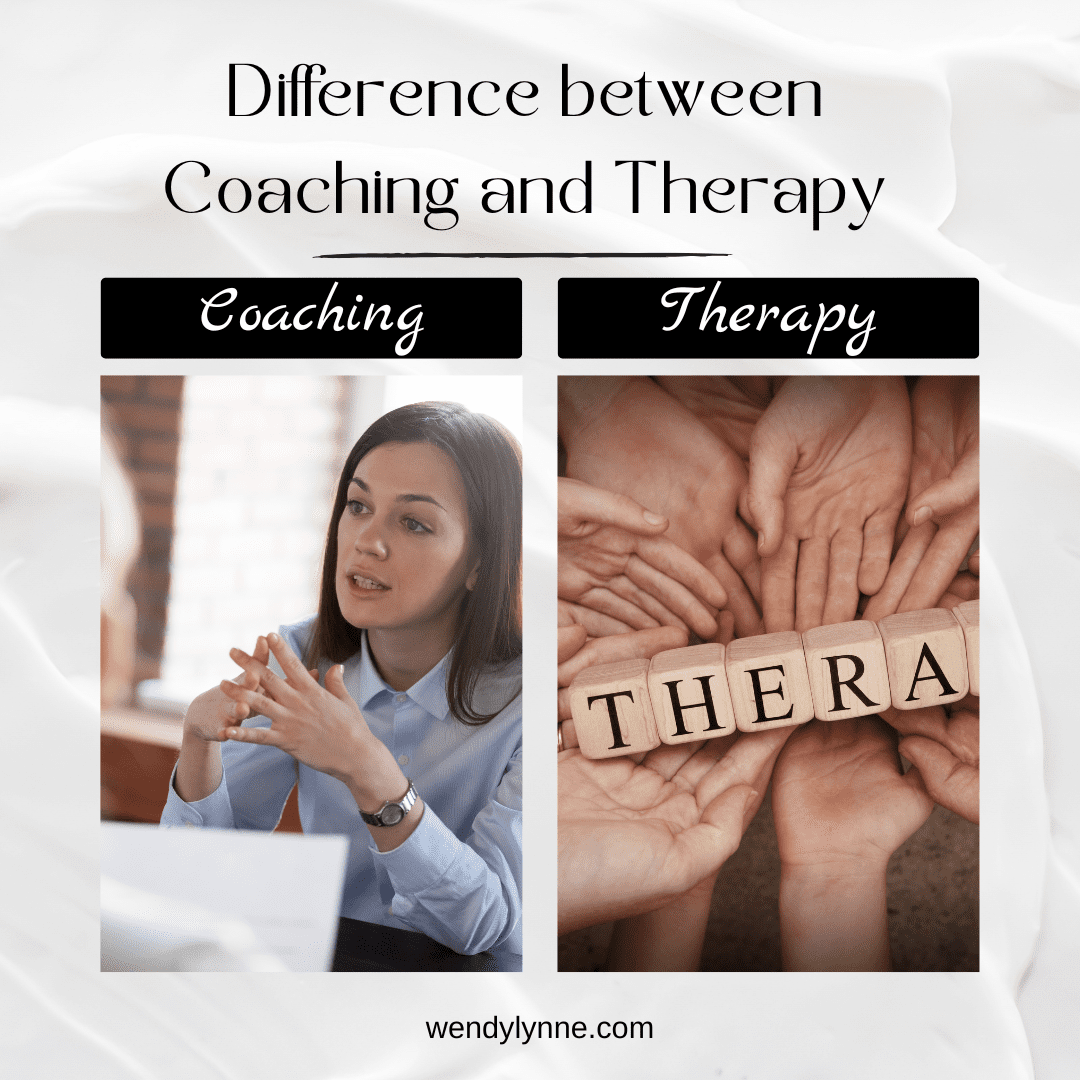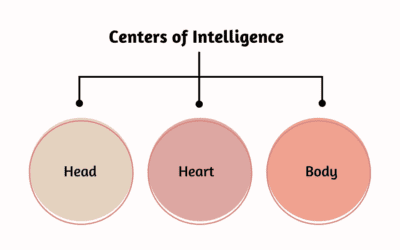In the journey of personal growth and self-discovery, many individuals often seek guidance and support. This support often comes in the form of coaching or therapy. However, the distinction between the two is not always clear, leaving people wondering which path to choose. In this informative blog, we will explore the fundamental differences between coaching and therapy and help you gain insight into when to seek the services of a therapist versus a life coach.
Coaching and Therapy: A Delicate Balance
Coaching and therapy are both valuable tools for personal development and healing. However, they serve different purposes and cater to distinct needs. To understand the difference between the two, let’s delve into their definitions and core principles.
Defining Coaching

Coaching is a collaborative and goal-oriented process that focuses on personal and professional growth. Coaches work with individuals to help them set and achieve specific goals, develop new skills, and overcome obstacles. The coaching relationship is forward-looking, emphasizing action and accountability.
Defining Therapy

Therapy, on the other hand, is a therapeutic and healing process that addresses mental health issues, emotional challenges, and past traumas. Therapists, also known as counselors or psychologists, work with clients to explore and understand their thoughts, emotions, and behaviors. The therapeutic relationship often delves into past experiences to facilitate healing and emotional well-being.
Now, let’s dive deeper into the differences between coaching and therapy to provide you with a clearer understanding of each approach.
Therapist vs. Life Coach: Understanding the Contrasts
Focus and Goals:

Coaching: Coaches focus on helping clients set and achieve specific goals, whether they are related to career, personal development, or relationships. Coaching is action-oriented and future-focused.
Therapy: Therapy primarily addresses emotional and psychological issues, with the goal of healing, understanding, and personal transformation. Therapists work with clients to navigate past trauma, manage mental health conditions, and improve overall well-being.
Time Frame:

Coaching: Coaching sessions are typically shorter in duration, often ranging from a few months to a year or more. The emphasis is on achieving goals within a relatively short time frame.
Therapy: Therapy can be a longer-term process, especially when dealing with complex emotional issues. Some clients may engage in therapy for years to address deep-seated concerns.
Client Relationship:

Coaching: The coaching relationship is more akin to a partnership, where the coach and client work collaboratively. Coaches offer guidance, support, and accountability.
Therapy: The therapeutic relationship has a more structured dynamic, with the therapist serving as an expert who provides insights, diagnoses, and treatment.
Tools and Techniques:

Coaching: Coaches employ a variety of tools and techniques to help clients achieve their goals, such as goal setting, action plans, and accountability systems.
Therapy: Therapists use evidence-based therapeutic techniques to address psychological issues, including cognitive-behavioral therapy (CBT), psychoanalysis, and dialectical-behavior therapy (DBT).
Confidentiality:

Coaching: While coaching sessions are confidential, the focus is on the present and future, and coaches may collaborate with other professionals, such as mentors or advisors.
Therapy: Therapists are bound by strict confidentiality rules, and the therapeutic relationship often involves exploring deeply personal and sensitive topics.
When to Choose Coaching and When to Seek Therapy
The decision between coaching and therapy depends on your specific needs and goals. Here are some scenarios to help you make an informed choice:
Consider Coaching When:
- You have specific goals related to career advancement, personal growth, or skill development.
- You seek accountability and support in achieving your goals.
- You want to improve your performance in a particular area of your life, such as leadership or communication.
- You are looking for guidance on life transitions or decision-making.
Consider Therapy When:
- You are dealing with mental health issues, such as depression, anxiety, or trauma.
- You have unresolved emotional issues from your past that continue to affect your present life.
- You need a safe space to explore and understand your thoughts, feelings, and behaviors.
- You require a diagnosis and evidence-based treatment for a mental health condition.
Conclusion
Coaching and therapy are powerful tools for personal growth and healing, each serving its unique purpose. The key is to assess your needs, goals, and the challenges you are facing to determine whether coaching or therapy is the most appropriate choice. Wendy Lynne, a seasoned coach, can guide you on your journey towards personal and professional growth, while therapists provide essential support for mental health and emotional well-being. Understanding the difference between coaching and therapy empowers you to make informed decisions on your path to self-improvement and healing.






0 Comments